|
Taxa are the many different groups biologists use to classify living things. Some are large – like Animalia, the animal kingdom – and others are smaller – like Callinectes, the genus to which the Atlantic blue crab belongs. At Chincoteague Bay Field Station, students can experience all types of organisms from across many different taxa found right here on the Eastern Shore.
Species: Homo sapiens However, the H. sapiens species also has a remarkable ability to make connections to other orgasms and each other. Fourth and fifth graders from Evangelical Heights Christian Academy discussed these connections around a campfire on their free night. Of all the organisms that call the Eastern Shore home, humans have the greatest impact and capacity for learning.
0 Comments
Evangelical Heights Christian Academy Evangelical Heights is located in the surrounding Greater Pittsburgh Area. The 32 students accompanied with their 29 chaperons experienced a lot at the Field Station and took home a wealth of knowledge! The students hiked through Chincoteague National Wildlife Refuge, exploring the maritime forests Wednesday morning and in the afternoon they crossed through the intertidal zone to learn about the changing of the tides and organisms like the periwinkle snail and native grasses. Wednesday night the group reflected on the adventure-filled day by the campfire. To wrap up their experience, morning was spent learning about barrier island formation on the dunes of Wallops Island. Students had time to collect tokens like whelk shells and five keyhole urchins to remember their trip. Do you know the difference? Sand Dollar vs. Five Keyhole Urchins
He also mentioned what he thought the students took from the trip. “The students really expanded their horizons and learned about different ecosystems, how they form and how to protect them. The students get hands on and actually get in the water."
Monday morning Danville Area High School accompanied Educator Kirstie and Captain Jimmy aboard the Flatfish Research Vessel to test water quality and collect a variety of marine organisms using an otter trawl. Students learned about the chemistry of water, utilizing instruments including a forel ule, secchi disk, van dorn, and current cross. As the tide came in during the afternoon, students paid a visit to the intertidal zone. The class learned about tide trends and forces and intertidal adaptations along the shoreline. They also used the sieve boxes to collect benthic organisms such as marine worms, small crabs, and other small invertebrates. To view more photos from Danville Middle School's Trip, visit our Flickr!
Students come into contact with a variety of organisms when they experience a lesson on the different intertidal zones. When exploring the littoral and sublittoral zones, a group of eighth graders from Allen Middle School found a plethora of periwinkle snails, which use vibrations in the water to sense high and low tides. “We’re using vibrations to get the snails to come out of their shells,” said Katie, Maddie, and Skylar as they hummed to the snails in their hands.
Sieve boxes allow students to go even more in depth. While shaking out sediment, many groups found blue crabs, one of which was so large it may have eaten other organisms the students were trying to collect. Students also use a seine net to catch other animals. A “Godzilla line” of students with interlocked arms, stomping feet, and bellowing screams chase small fish and shrimp into the net. Occasionally, however, they’ll net something larger, like this flounder that was larger than a dinner plate! Of course, it's catch and release here at the Field Station so after the students made observations about the fish it was carefully released back into Tom's Cove. Today, a group of fifth graders from Young Scholars of Central PA Charter School on one of CBFS's school programs learned the importance of the phrase "leave nothing but footprints." In just one morning, they collected five bags of trash from along the shore of Wallops Island.
According to National Geographic, there are 5.25 trillion pieces of plastic debris in the ocean. Despite having few visitors, Wallops Island is littered with marine debris. Students learned that this debris was came to Wallops by ocean currents, which can carry trash for miles creating "trash islands" — large clusters of waste that collect in the ocean. These currents have been known to carry trash from as far away as Texas to the Eastern Shore! Marine debris can be harmful to all sorts of marine life, including turtles, which mistake plastic bags for jellyfish — their favorite food. The students witnessed the negative effects of this debris firsthand, as they found a dogfish ensnared by fishing line. Jackie, the CBFS educator for the day, said “This is why we need to get everybody on board, and say ‘Hey guys, let’s clean up after ourselves when we go to the beach. Let’s make sure it gets into the trash or recycling.’” |
About
Everything you need to know about CBFS's educational programs, visiting Chincoteague Island, and more! Categories
All
Archives
January 2019
|
CHINCOTEAGUE BAY FIELD STATION | 34001 Mill Dam Road | Wallops Island, VA 23337 | (757) 824-5636 | [email protected]
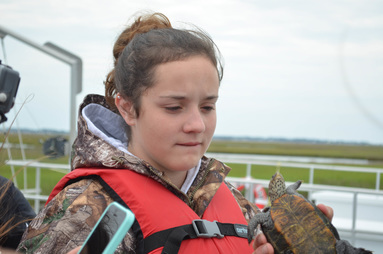
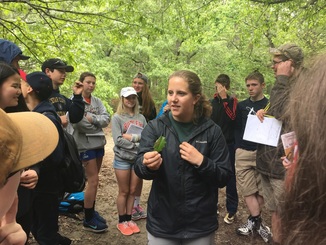
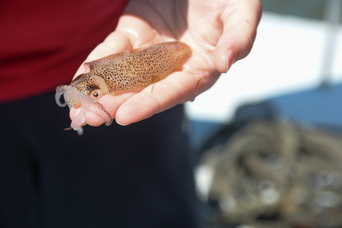

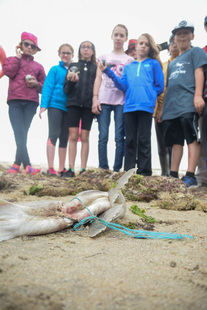
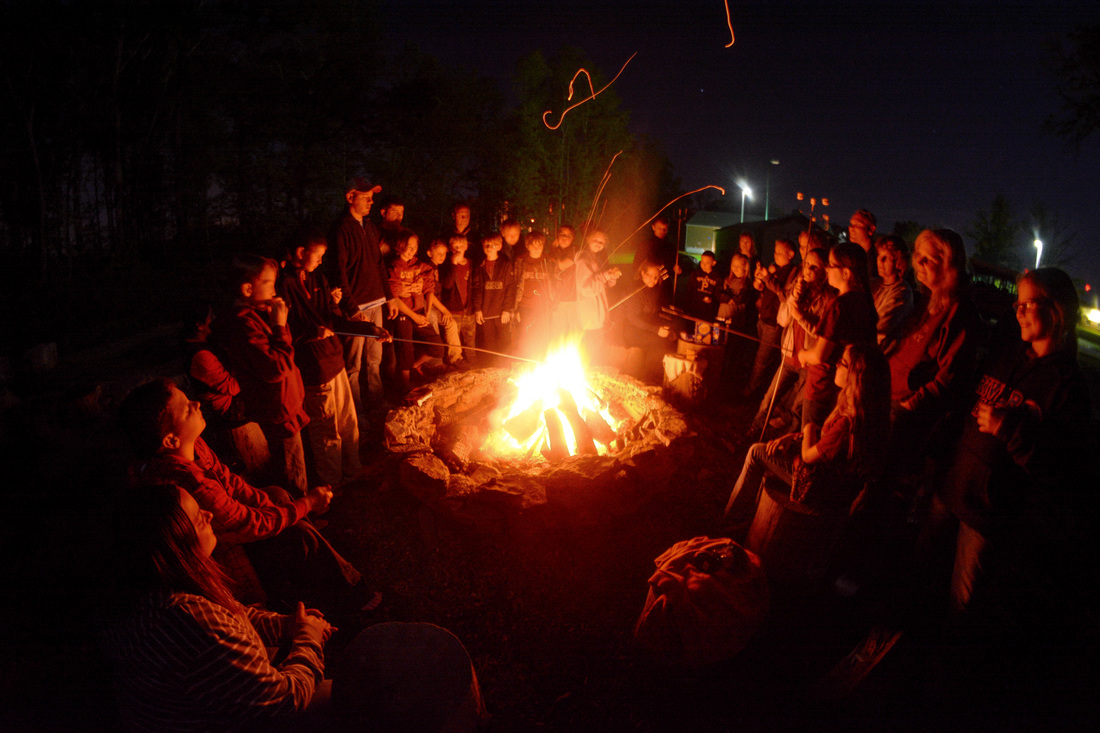
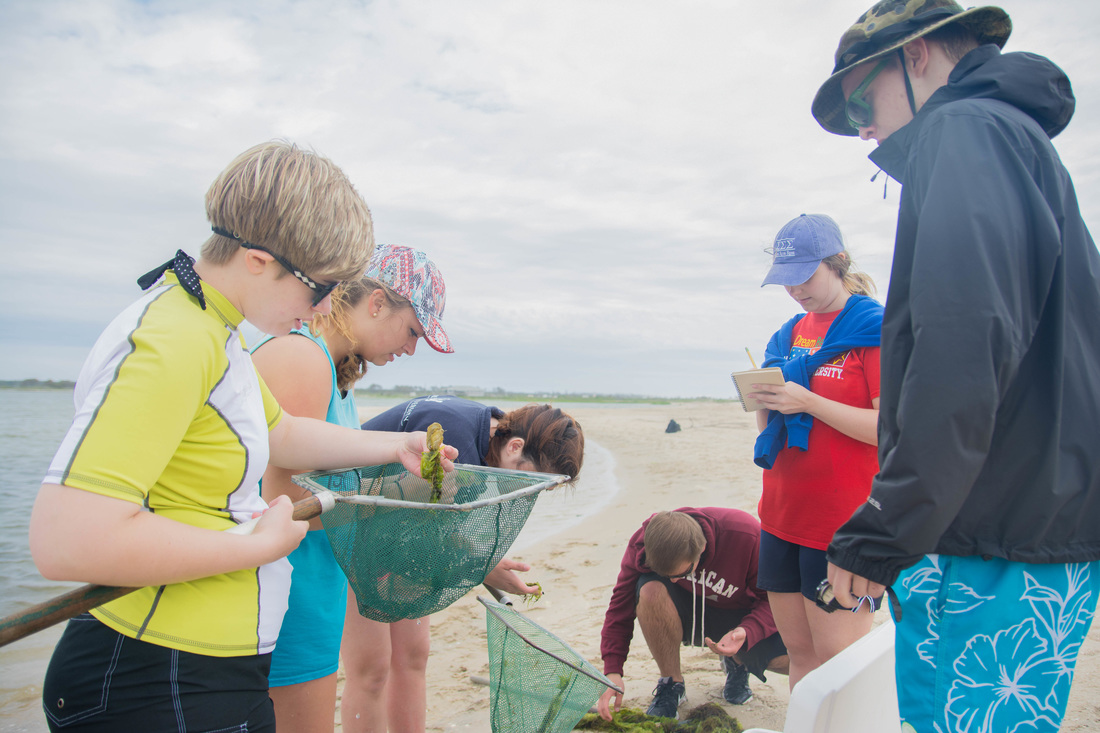
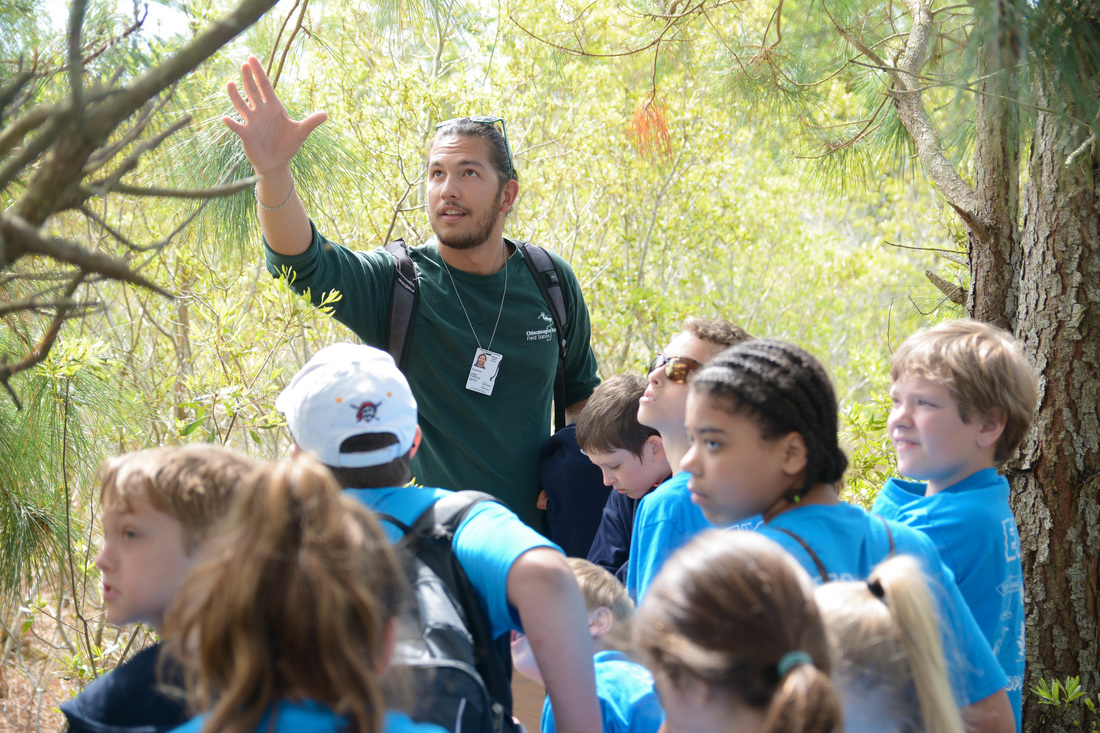
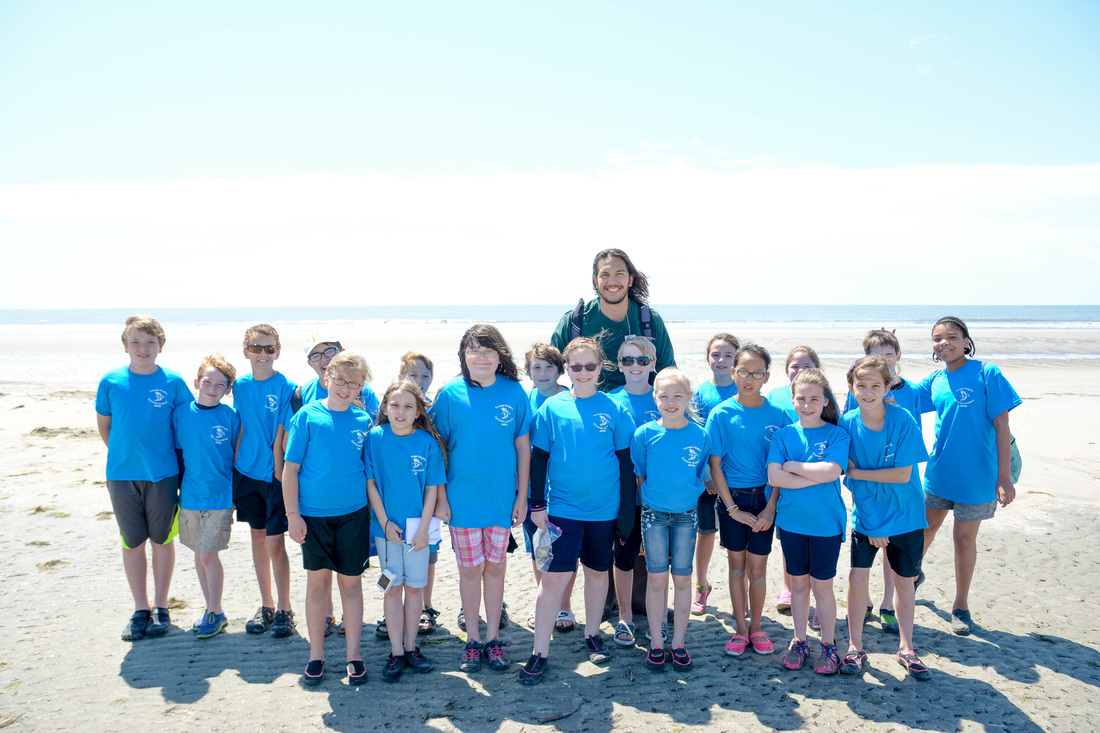
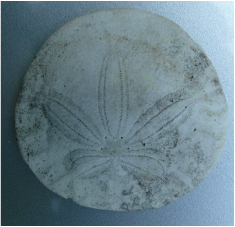
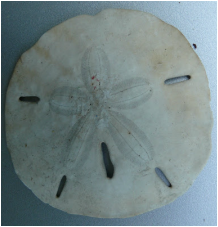
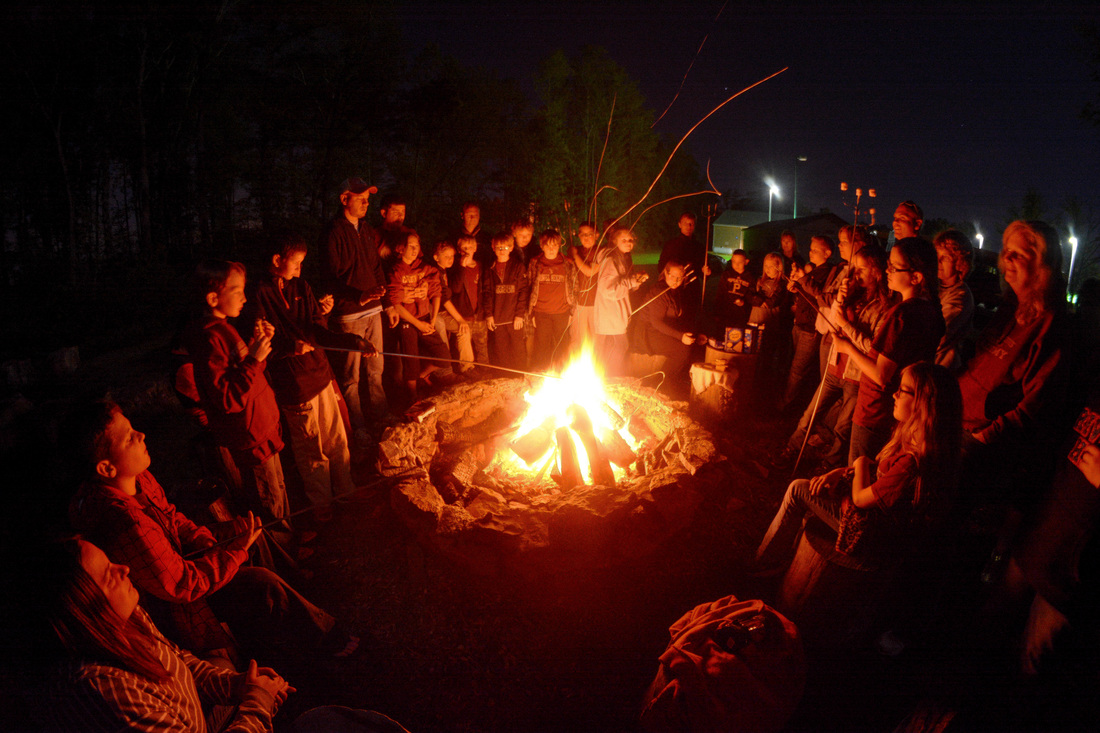
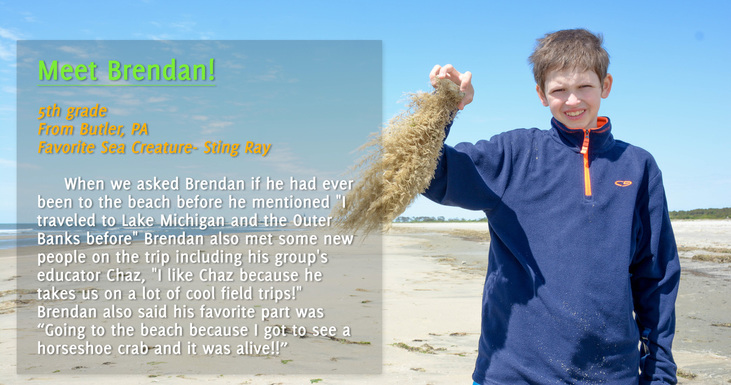
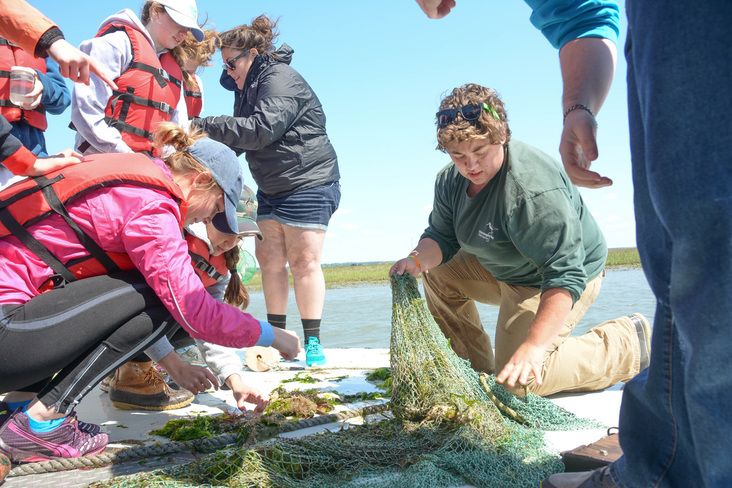
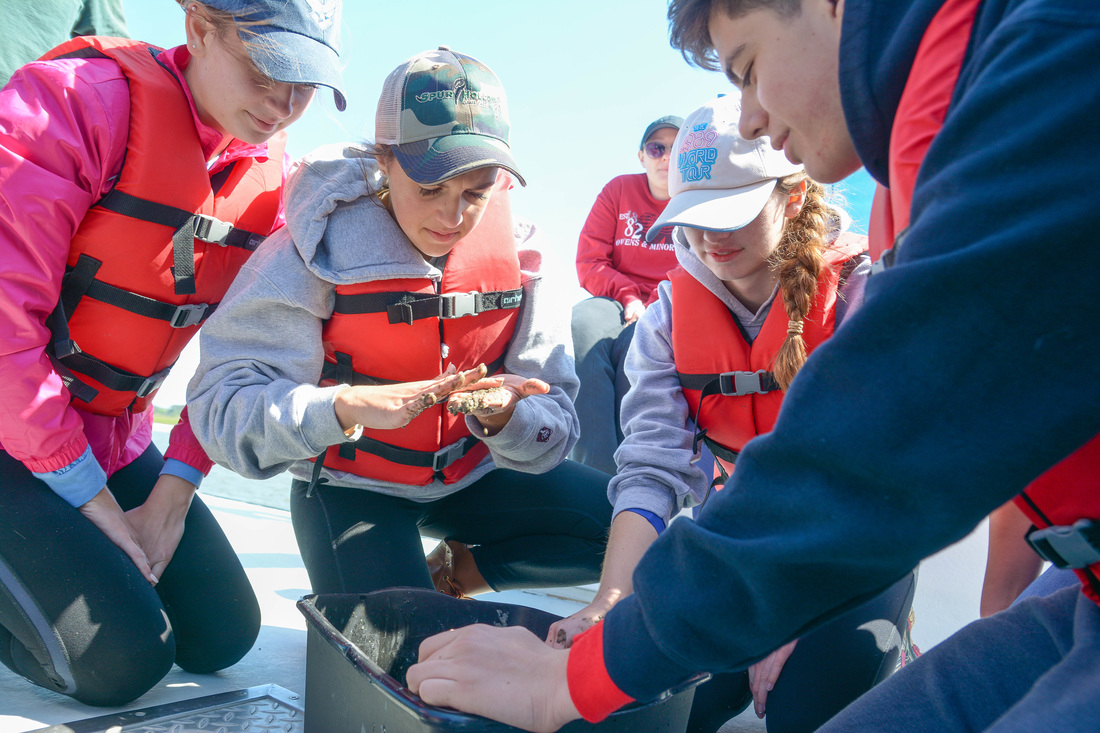
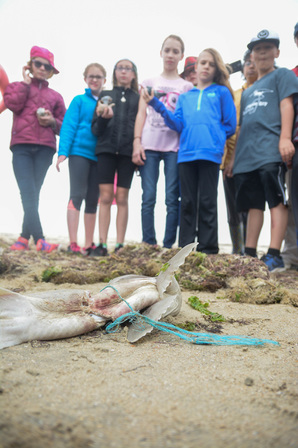
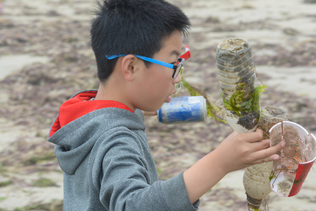
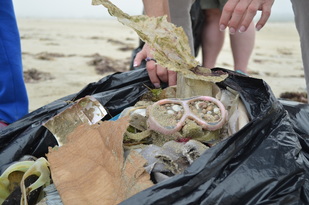
 RSS Feed
RSS Feed

